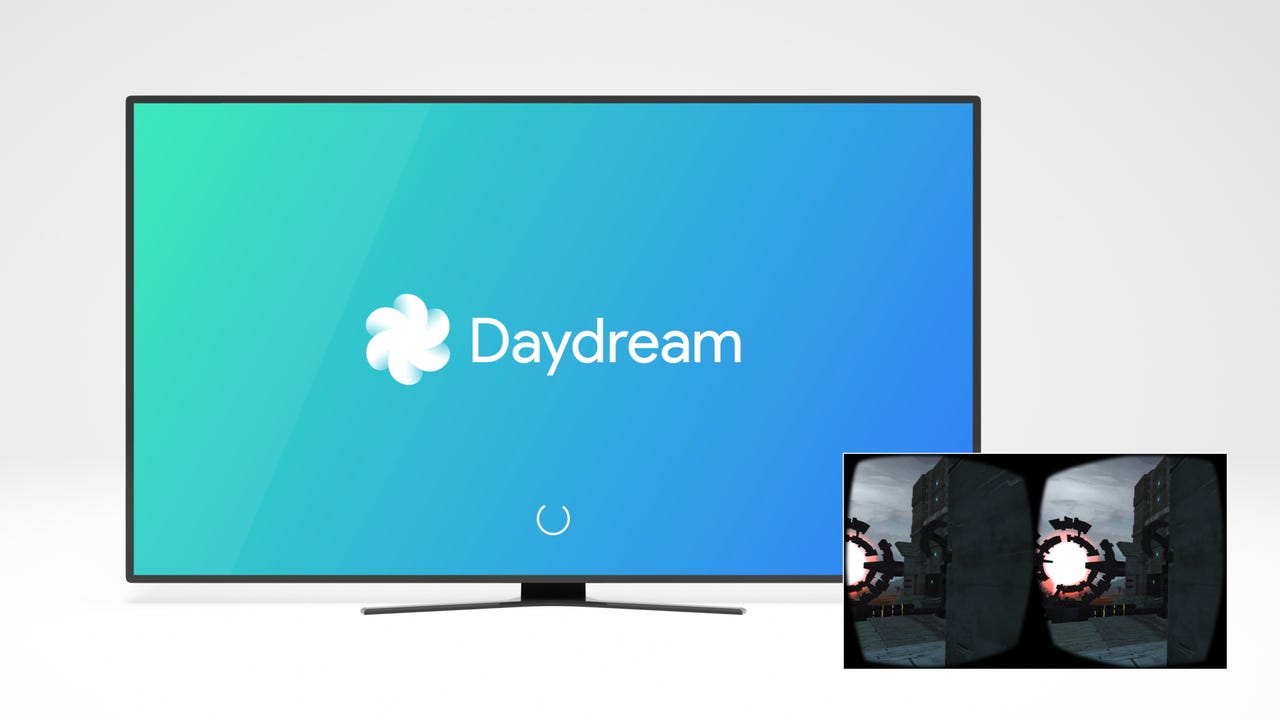Google aims to make web VR and AR "first class citizens" on browsers


Google Cast support is coming to Daydream.
A day after announcing a new category of standalone VR headsets, Google used the second day of its I/O developer conference to unveil a software update to the Daydream VR platform, as well as a series of VR developer tools.
One of the new developer tools includes an experimental build of Chromium, available now on Github, with augmented reality (AR) browser options.
"Our goal is to make web VR and web AR first class citizens in all browsers," Andrey Doronichev, who leads the apps and developer tools team for Daydream.
Doronichev demonstrated how a Daydream user could browse the website of a furniture company like Wayfair to shop for a coffee table, mark the physical space in front of them, and then selectively view coffee tables that fit in that space. No full app would be needed.
A full Chrome VR browser will be available later this year, enabling users to use the Daydream controller to navigate pages and follow links. It will allow users to watch any video in a theater-like environment.
Other new tools include instant preview, so VR developers can evaluate VR content changes as they make them. It's launching today for both the Unity and Unreal engines.
Additionally, Google announced Suerat (named after impressionist painter Georges-Pierre Seurat), a tool that enables developers to take a high fidelity scene and run it in mobile VR in real time. With Seurat, developers can achieve desktop-level graphics or better with a mobile GPU. ILMxLAB, a branch of Lucasfilm that develops immersive experiences, used the tool to bring the world of Rogue One to a mobile VR headset. After processing with Seurat, rendering a high fidelity scene takes 13 milliseconds per frame on a mobile GPU, Doronichev said.
Meanwhile, as Google works with device makers on new Daydream hardware, the company is also delivering an update to the Daydream platform called Euphrates.
With the updated Daydream platform, users will be able to share screenshots or short videos.
"Powerful hardware also requires powerful software," said Mike Jazayeri, director of product management for Daydream. The Euphrates release focuses on software support, making content front and center and making it easy for users to share content.
Euphrates takes advantage of even deeper support for VR in Android O, creating a dashboard that gives Daydream users access to Android functionality in their VR experience.
Additionally, Google Cast support is coming to Daydream. With this feature, users can pull up their dashboard and select a Cast destination. As you pull up the feature, Casting stays on screen. To help users share their favorite moments from the experience, they can capture screen shots or short videos to share.